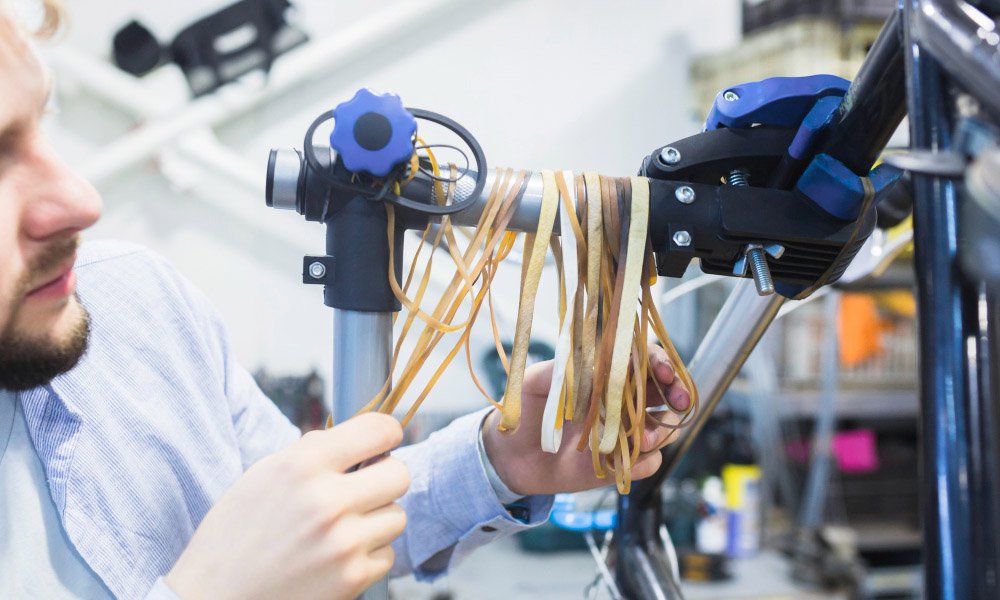Wear is one of the most common causes of breakdown in mechanical systems. When surfaces constantly rub together, friction creates damage, lowers efficiency, and shortens the service life of vital parts. Repairing or replacing these components can be both costly and time-consuming, which is why choosing the right material is important.
Acetal plastics stand out because their unique qualities make them far more effective than many traditional materials at resisting wear. Keep reading to see how these properties help systems last longer and perform better.
High Strength And Dimensional Stability
Acetal offers an excellent balance of stiffness and strength, which is essential in mechanical applications. Unlike softer plastics that can bend or deform, Acetal maintains its shape even under heavy loads.
This dimensional stability ensures gears, bearings, and rollers stay aligned during use, preventing the uneven contact that often leads to faster wear. Because it resists creep and warping, components continue working with accuracy over long periods of time.
Naturally Low Friction Surface
Friction is the biggest driver of wear in moving systems, but Acetal has a naturally smooth surface that reduces resistance between parts. Its low coefficient of friction allows sliding and rotating components to move freely without grinding or sticking.
This reduces surface damage, keeps heat generation under control, and minimises the need for constant lubrication. Using wear-resistant Acetal plastic in rollers, pulleys, or gears therefore extends service life and lowers maintenance demands.
Moisture And Chemical Resistance
In many mechanical systems, materials are exposed to moisture, oils, fuels, and cleaning agents. Some plastics absorb water and swell, which disrupts alignment and accelerates wear. Acetal absorbs very little moisture, so it keeps its shape even in damp conditions.
It also has excellent resistance to a wide range of chemicals, which protects surfaces from swelling, cracking, or softening. This means machinery parts made from Acetal can perform consistently in demanding environments without premature failure.
Fatigue Resistance Under Repeated Motion
Parts such as gears and valve components are subjected to repeated cycles of stress. Over time, this constant movement can cause materials to weaken and lose structural integrity.
Acetal is highly resistant to fatigue, which means it can endure repeated motion without cracking or breaking down. This ability to withstand constant cycling reduces the risk of sudden failure and keeps systems operating smoothly for longer periods.
Toughness Against Impact And Abrasion
Mechanical systems don’t just face friction, but also deal with impacts and surface scratching. Acetal is known for its toughness, so it can absorb knocks and resist abrasion effectively.
Small surface marks can often lead to deeper wear issues if not controlled, but Acetal’s durability prevents minor damage from escalating. By keeping surfaces smooth and intact, it slows down the overall wear process and maintains efficiency in high-contact applications.
Thermal Stability In Different Conditions
Mechanical parts often experience changes in temperature, from warm operating environments to outdoor conditions. Some plastics soften or become brittle under these shifts, but Acetal retains its strength and performance across a wide temperature range.
This thermal stability ensures it continues to resist wear, whether it’s in a heated factory or exposed to cooler outdoor air. Reliable performance in changing conditions helps systems stay predictable and reduces unplanned maintenance.
Built For Long-Term Reliability
Acetal plastics are valued because they don’t rely on a single quality to fight wear. Instead, their performance comes from a balance of properties that reinforce each other. They resist deformation, slide smoothly, endure repeated stress, and stay strong in harsh conditions. This makes them a smart material for anyone looking to extend the service life of moving components.


